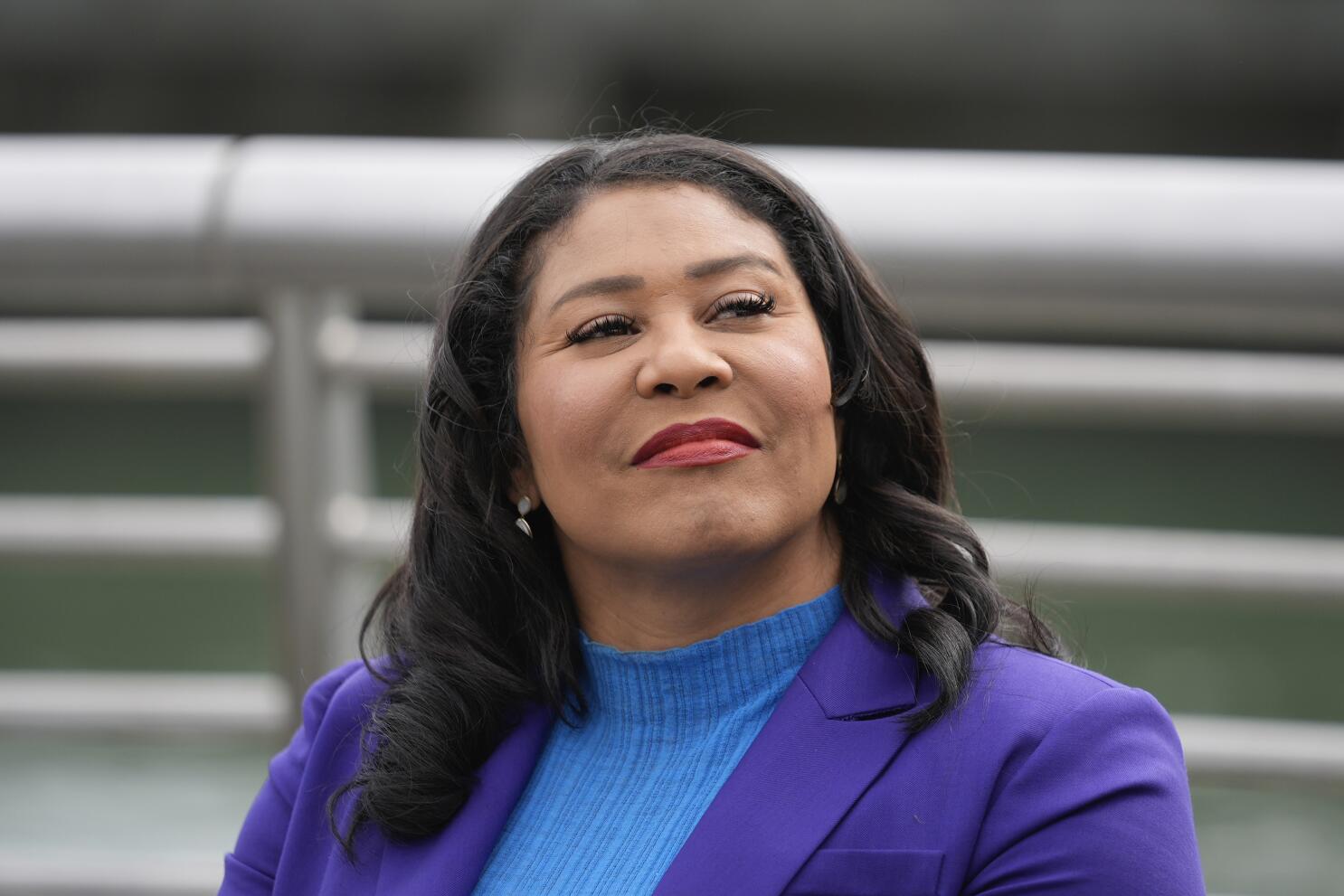The U.S. government has taken a significant step in scrutinizing Diversity, Equity, and Inclusion (DEI) policies at colleges and universities by launching a specialized unit to investigate potential civil fraud in these programs. This move signals a growing political and legal battle over DEI initiatives in higher education, with critics arguing that some programs may violate federal anti-discrimination laws or misuse taxpayer funds.
The newly established unit, operating under a federal watchdog or law enforcement agency, will examine whether DEI policies at academic institutions involve discriminatory practices, misallocation of funds, or fraudulent claims in securing government grants. This development comes amid a broader national debate over the role of DEI in education, with some states banning such programs outright while others defend them as essential for fostering inclusive campuses.
Background on DEI in Higher Education
DEI programs have become a cornerstone of modern academia, aiming to promote representation and fairness for historically marginalized groups, including racial minorities, women, and LGBTQ+ individuals. These initiatives often include hiring practices, scholarships, mentorship programs, and curriculum changes designed to address systemic inequities.
However, DEI efforts have faced increasing backlash from conservative lawmakers and activists who argue that some policies amount to reverse discrimination or ideological indoctrination. Critics claim that certain DEI initiatives prioritize identity over merit, potentially violating civil rights laws such as Title VI of the Civil Rights Act of 1964, which prohibits discrimination based on race, color, or national origin in federally funded programs.
The New Federal Unit’s Mandate
The newly formed investigative unit will focus on several key areas:
-
Allegations of Discrimination – The unit will assess whether DEI policies unlawfully exclude or disadvantage individuals based on race, gender, or other protected categories.
-
Misuse of Federal Funds – Many universities receive government grants for DEI-related programs. Investigators will determine if funds are being used appropriately or if fraudulent claims were made to secure them.
-
Compliance with Civil Rights Laws – The unit will ensure that DEI programs do not violate existing anti-discrimination statutes, including those affecting students, faculty, and staff.
-
Enforcement Actions – If violations are found, the unit may pursue civil penalties, funding cuts, or legal action against institutions.
This initiative aligns with broader efforts by some federal and state leaders to roll back DEI programs. For example, several Republican-led states, including Florida and Texas, have passed laws restricting DEI offices in public universities.
Potential Implications for Colleges and Universities
The launch of this unit could have far-reaching consequences for higher education institutions:
-
Increased Legal Scrutiny – Universities with robust DEI programs may face audits, lawsuits, or funding restrictions if their policies are deemed non-compliant.
-
Chilling Effect on DEI Initiatives – Fear of investigations could lead some schools to scale back or restructure their diversity programs, even if they believe in their mission.
-
Political Polarization – The move may further politicize DEI, with progressive groups defending these programs as necessary for equity while conservatives applaud the crackdown.
-
Impact on Minority Students and Faculty – If DEI offices are weakened or dismantled, underrepresented groups may lose critical support systems, potentially affecting enrollment and retention rates.
Arguments For and Against the Crackdown
Supporters’ Perspective
Proponents of the new unit argue that:
-
Some DEI policies unfairly discriminate against certain groups (e.g., white or Asian students in admissions).
-
Taxpayer money should not fund programs that promote divisive ideologies.
-
Universities should prioritize merit-based systems over identity-based preferences.
Opponents’ Perspective
Critics counter that:
-
DEI programs are vital for correcting historical inequities in education.
-
Investigations could be politically motivated rather than based on legitimate legal concerns.
-
The move may discourage universities from addressing systemic racism and bias.
Conclusion
The establishment of a federal unit to investigate DEI policies marks a significant escalation in the national debate over diversity initiatives in higher education. While supporters see it as a necessary check on potential discrimination and fraud, opponents warn that it could undermine efforts to create more inclusive campuses.
As investigations unfold, colleges and universities will need to carefully navigate legal and political challenges while balancing their commitments to equity and academic freedom. The outcome of this initiative could reshape the future of DEI programs in American higher education for years to come.
Final Thoughts
The controversy over DEI reflects deeper societal divisions over race, fairness, and the role of government in education. Whether this crackdown leads to meaningful reform or exacerbates tensions remains to be seen, but one thing is clear: the battle over diversity policies in academia is far from over.



